The Evolving Definition of Intellectual Property in the Age of AI
As artificial intelligence (AI) becomes more prevalent in art and design, the concept of intellectual property (IP) is undergoing changes. It is becoming increasingly difficult to determine what constitutes plagiarism as AI-driven platforms utilize copyrighted material without explicit permission. Platforms like OpenAI’s DALL-E and Midjourney’s service monetize copyrighted works through their subscription models. This raises the question of whether these platforms adhere to the “fair use” doctrine that allows for the use of copyrighted material for specific purposes.
Lawsuits and Copyright Infringement
Getty Images has initiated lawsuits against Stability AI, accusing its visual-generating program of using copyrighted images without authorization. Artists Sarah Andersen, Kelly McKernan, and Karla Ortiz have also filed legal proceedings against Stable Diffusion, Midjourney, and DeviantArt for infringing on artists’ rights by training their AI tools using scraped images from the web.
AI Poisoning Software to Protect Artwork
Researchers at the University of Chicago have developed a tool called Nightshade, which allows artists to make undetectable alterations to their artwork. These alterations can poison AI training data, disrupting the learning processes of AI models. Nightshade will be integrated with Glaze, another tool developed by the university, to provide further protection.
Potential Legal Reforms and Ethical Concerns
While tools like Nightshade and Glaze offer some protection for artists, experts suggest that legal reforms are necessary to address ongoing issues related to AI-generated imagery. The use of data-poisoning tools raises questions about consent, copyright infringement, and fair compensation for original owners.
Stretching IP Laws: Lawsuits Against Tech Giants
Beyond digital art, AI’s influence is also seen in academia and video-based content. Comedian Sarah Silverman and authors Christopher Golden and Richard Kadrey have taken legal action against OpenAI and Meta, accusing them of copyright infringement. The lawsuits claim that AI models were trained on copyrighted works without consent, seeking damages and restitution.
The Challenges for Companies in the AI Era
As companies navigate the AI landscape, some are implementing measures to address copyright concerns. However, others like Google and Microsoft are willing to face legal consequences should their generative AI products lead to copyright infringement lawsuits.
Hot Take: Adapting IP Laws for the Age of AI
The use of AI in creative fields raises complex legal and ethical questions regarding intellectual property. As AI technology continues to evolve, it is crucial to reevaluate existing IP frameworks to accommodate the challenges posed by these technologies. Artists and experts are calling for legal reforms that address issues of consent, copyright infringement, and fair compensation for original creators. Additionally, companies must develop robust strategies to mitigate the impact of data-poisoning tools on AI models while respecting artists’ rights.

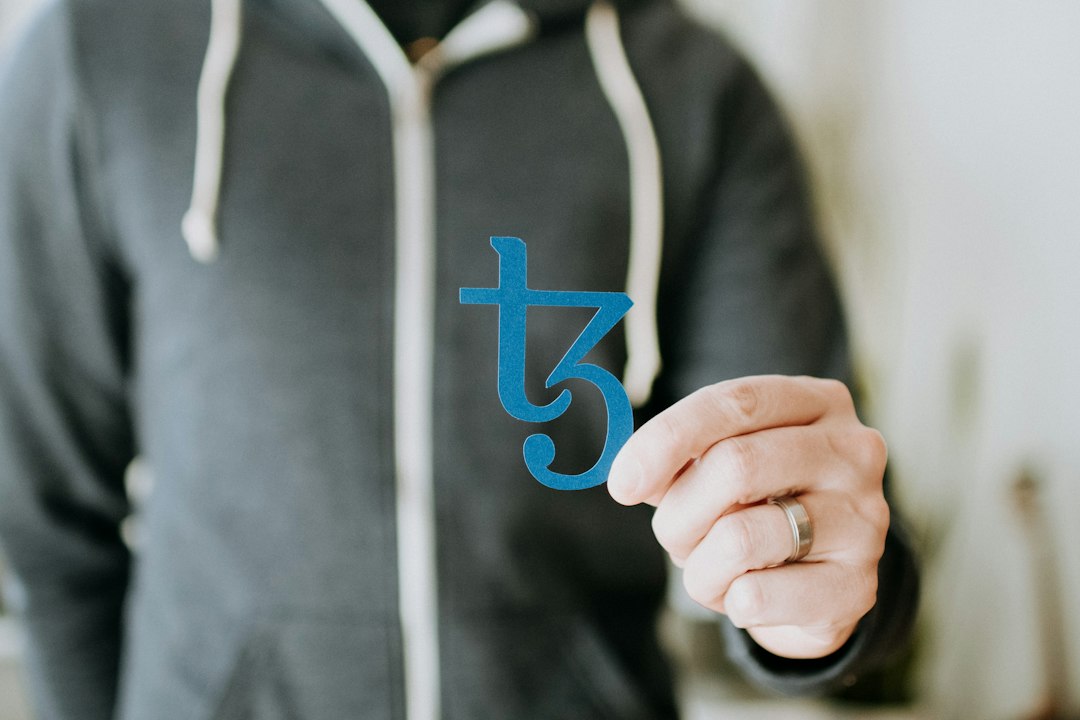

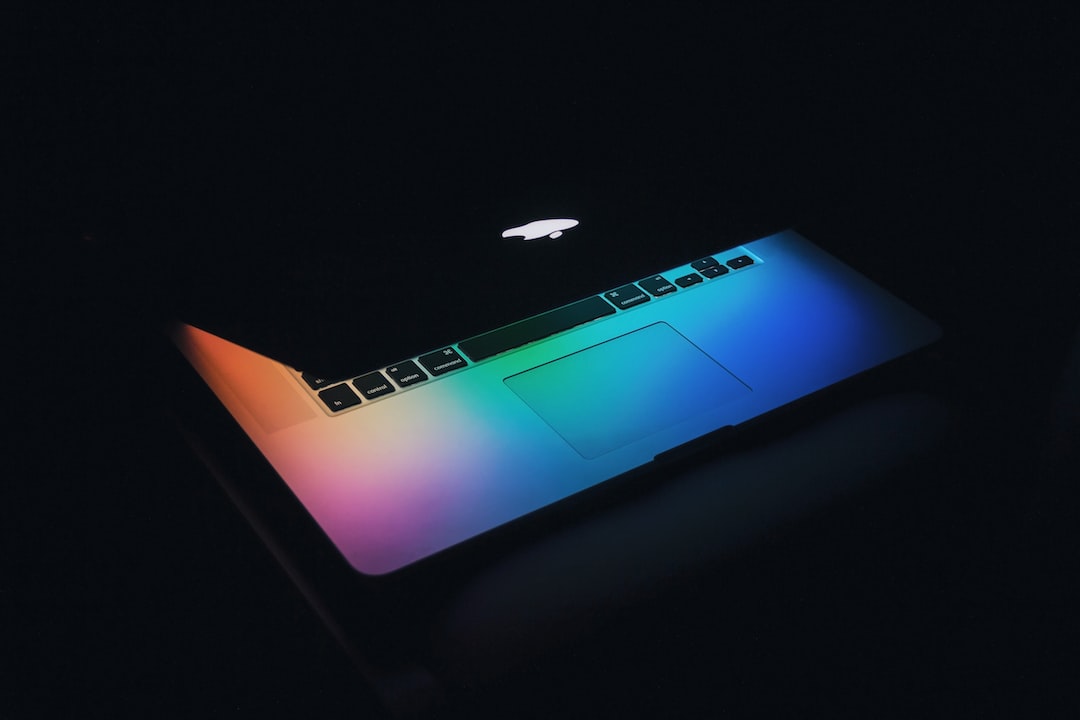
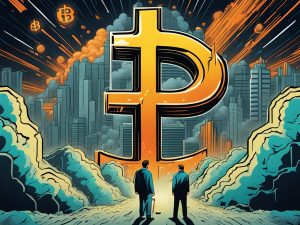
 By
By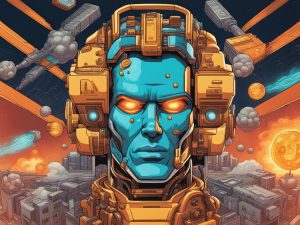
 By
By
 By
By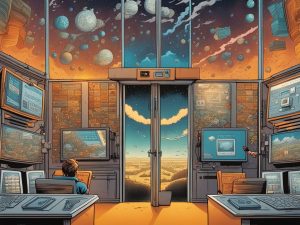
 By
By

 By
By